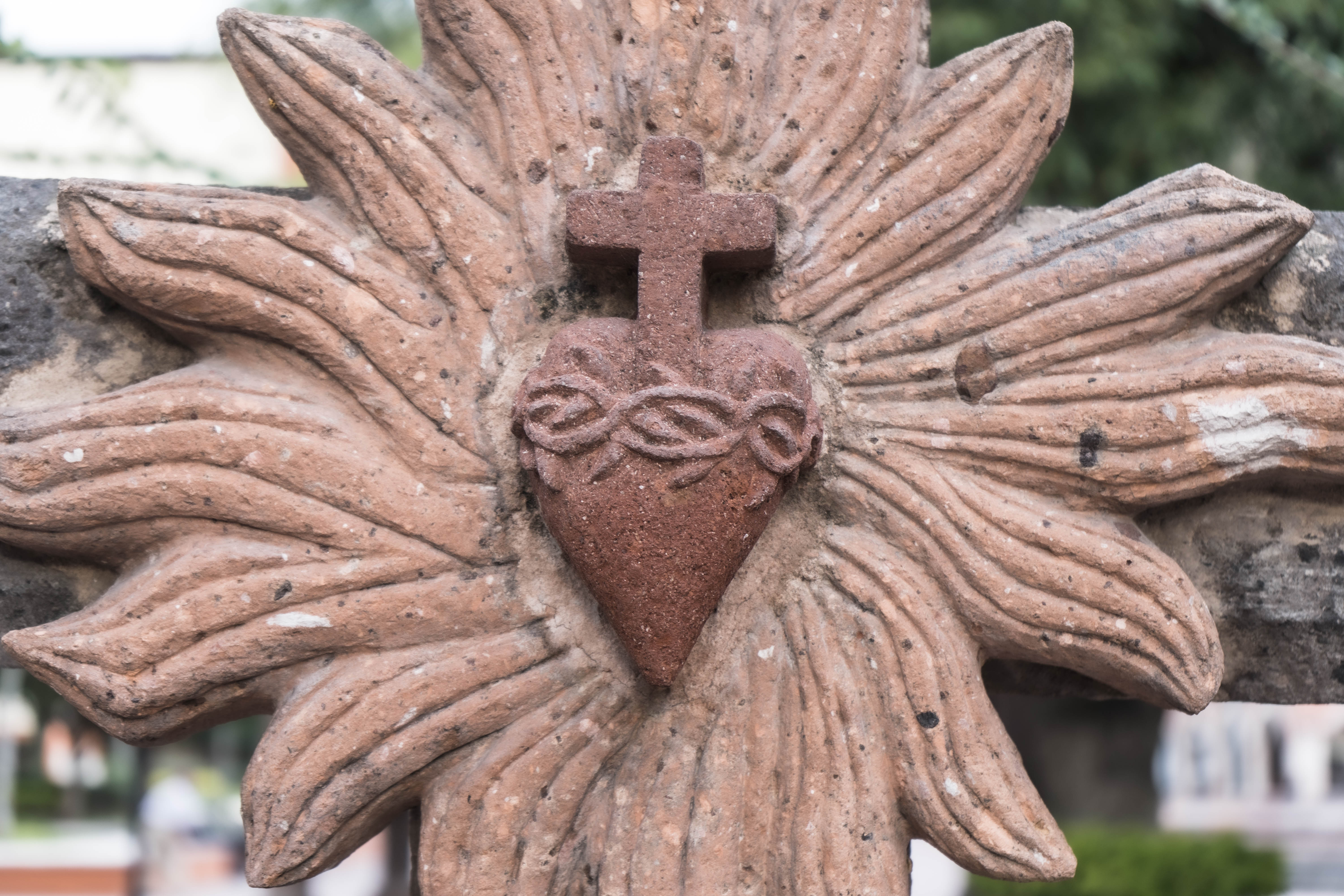Today we see the gravity of following Christ. In the center of our readings, we are reminded of the beauty of our call, a call to remain in the presence of the kind and merciful Lord. In the surrounding readings, God points out both the consequences of abandoning Him and the implications of following Him.
At face value, our passage from Genesis 18 concerns the great mercy of God — this is correct, of course, and our Psalm confirms it. However, we need to remember the larger context. Sodom and Gomorrah were known for their depravity, specifically the sin of sodomy. Though God shows His great kindness in condescending to Abraham and informing him of His plans, He still executes judgment on the people of the two cities. Their grave sin does not go unnoticed.
By contrast, the Lord makes clear that He would have spared the city if only ten righteous persons were found within it. He takes the opportunity to worn Lot and send His angels ahead to protect the family. But because only Lot and his family are righteous, the city is destroyed. God shows mercy to the righteous, but His judgment comes for those who repeatedly ignore His pleas.
This helps us place the other accounts of judgment throughout the Old Testament into perspective. The way God acts in response to grave sin may seem excessive, especially when we consider the manner of death — slaying, earthquake, stoning, and the like. Seen in light of Sodom and Gomorrah, though, we can see that God would never go to such lengths for those who would return to Him, called the “righteous” in our First Reading. Destruction of cities and other grave punishments are reserved for truly wayward sinners.
On the flipside of God’s stark justice, we see His great mercy. He is willing to spare the city for ten righteous, and ultimately He is ready to call all into the New Covenant in Christ. When we come to our Gospel, we see the glory of this call. All manner of people come to Jesus to follow Him, but He is no ordinary rabbi. His ministry demands sacrifice and dedication.
To the scribe, He says that following Him will mean homelessness. To the other disciple, He implies that discipleship means letting go of intimate family ties. The follower of Christ is never at home in this world, and he is ready to choose God over family and friends, if it comes to that.
Combined with our First Reading, this may seem like a bleak image. Turn away from God, and He will judge decisively. Follow God, and He will demand that you sacrifice what you hold dear. Such an image, taken on its own, neglects the fact of Who we are following: the kind and merciful Lord, Who gives us all that we need and more.
Jesus Christ is worth following no matter the sacrifice. We know that we were created to be with the Lord in heaven, and that nothing else will satisfy us. He made us to serve Him, but He made serving Him sweet. It may demand some purification so that we have room to accept Him, and it may mean some conflict with those who do not understand, but the alternative is not glamorous, and the journey is worth the sacrifice. As our Alleluia verse says, “If today you hear his voice, harden not your hearts.”
 David Dashiell is a freelance writer, editor, and proofreader based in the Pittsburgh, Pennsylvania area. His writing has been featured in Crisis Magazine and The Imaginative Conservative, and his editing is done for a variety of publishers, such as Sophia Institute and Scepter. He can be reached at ddashiellwork@gmail.com.
David Dashiell is a freelance writer, editor, and proofreader based in the Pittsburgh, Pennsylvania area. His writing has been featured in Crisis Magazine and The Imaginative Conservative, and his editing is done for a variety of publishers, such as Sophia Institute and Scepter. He can be reached at ddashiellwork@gmail.com.
Feature Image Credit: Diego Zamudio, https://www.cathopic.com/photo/23936-sagrado-corazon-jesus-piedra
